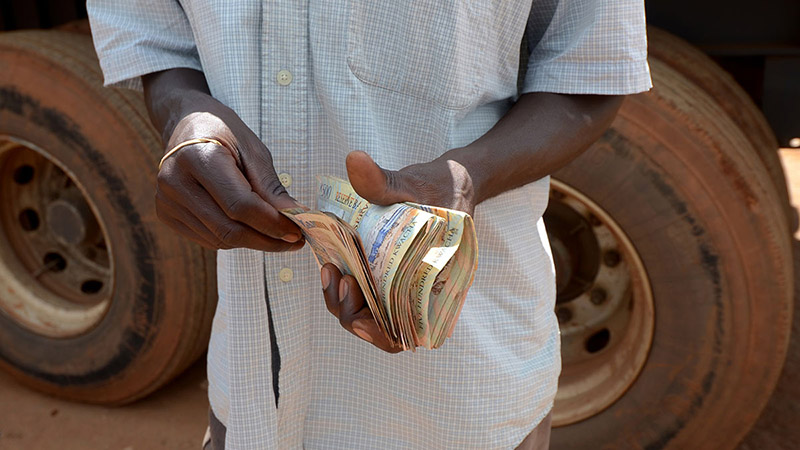At half-way point through the 2030 Agenda and in the conditions of compounding crises, it is more urgent than ever to pursue SDG target 16.4 to significantly reduce illicit financial (and arms) flows by 2030, strengthen the recovery and return of stolen assets and combat all forms of organized crime. In July 2017, the United Nations General Assembly adopted the indicator framework for the monitoring of progress towards SDGs, with indicator 16.4.1 on the “total value of inward and outward illicit financial flows” and assigned UNCTAD and the United Nations Office on Drugs and Crime (UNODC) co-custodians.
The custodian agencies published a Conceptual Framework for the Statistical Measurement of Illicit Financial Flows, in October 2020, and UNCTAD Methodological Guidelines to Measure Tax and Commercial IFFs for pilot testing in 2021.
Thereafter, the Guidelines and the Conceptual Framework have been put to a test by twelve countries in Africa, in coordination by the Economic Commission for Africa (ECA), and two countries in Asia and the Pacific, in coordination by the Economic Commission for Asia and the Pacific (ESCAP). In early 2023, the first partial data on indicator 16.4.1 on crime-related IFFs was published for nine countries in the Global SDG Indicators Database as a result of pilot activities.
Significant further efforts are required to expand the measurement to a wider group of countries and to test methods to aggregate estimates on tax and commercial IFFs together with estimates from crime-related IFFs.
These pilots confirmed that, even if challenging, IFFs can be measured as provisional informal estimates on tax and commercial IFFs were compiled and shared by Burkina Faso, Gabon, Ghana, Namibia, South Africa and Zambia. Further work is also ongoing on designing appropriate policy actions to identify and address IFFs to achieve sustainable development for all.
The project will continue the work with Ghana, Namibia and Zambia, by focusing on tax and commercial IFFs specifically, applying shared standardized methodology and tools, sharing lessons learned during the process, and supporting national authorities in sustaining previous work and adopting policy measures for improved domestic resource management.
Objective
To strengthen statistical capacities of selected developing countries in Africa to measure tax and commercial IFFs and develop evidence-based policy responses to curb them.
Link to SDGs
Primary target: 16.4.1: total value of inward and outward illicit financial flows (in United States dollars)
Planned activities
First, the project will continue to strengthen statistical capacity of key national institutions on measuring tax and commercial IFFs.
The methods will be selected based on countries’ most prominent types of IFFs and based on data availability review.
The project will also support countries to disseminate statistics on IFFs and reporting to the Global SDG Database (strengthen capacities and disseminate results).
Second, the project will enable the development of evidence-based policy responses with targeted actions based on produced estimates and enable peer-learning among countries to share experience and challenges in the measurement of IFFs and policy formulation (inform policies).

